Sadly, researchers have found yet another horrific side effect from climate change: a deadly disease which is spreading throughout the United States and the world as a whole.
In order to prevent thousands or even millions of premature deaths, organizations like the World Mosquito Program and other public health programs are working tirelessly to find ways to prevent the deadly disease. They believe they’ve found the solution, and interestingly, it includes releasing millions of mosquitos all over the world.
A Deadly Disease Is Spreading
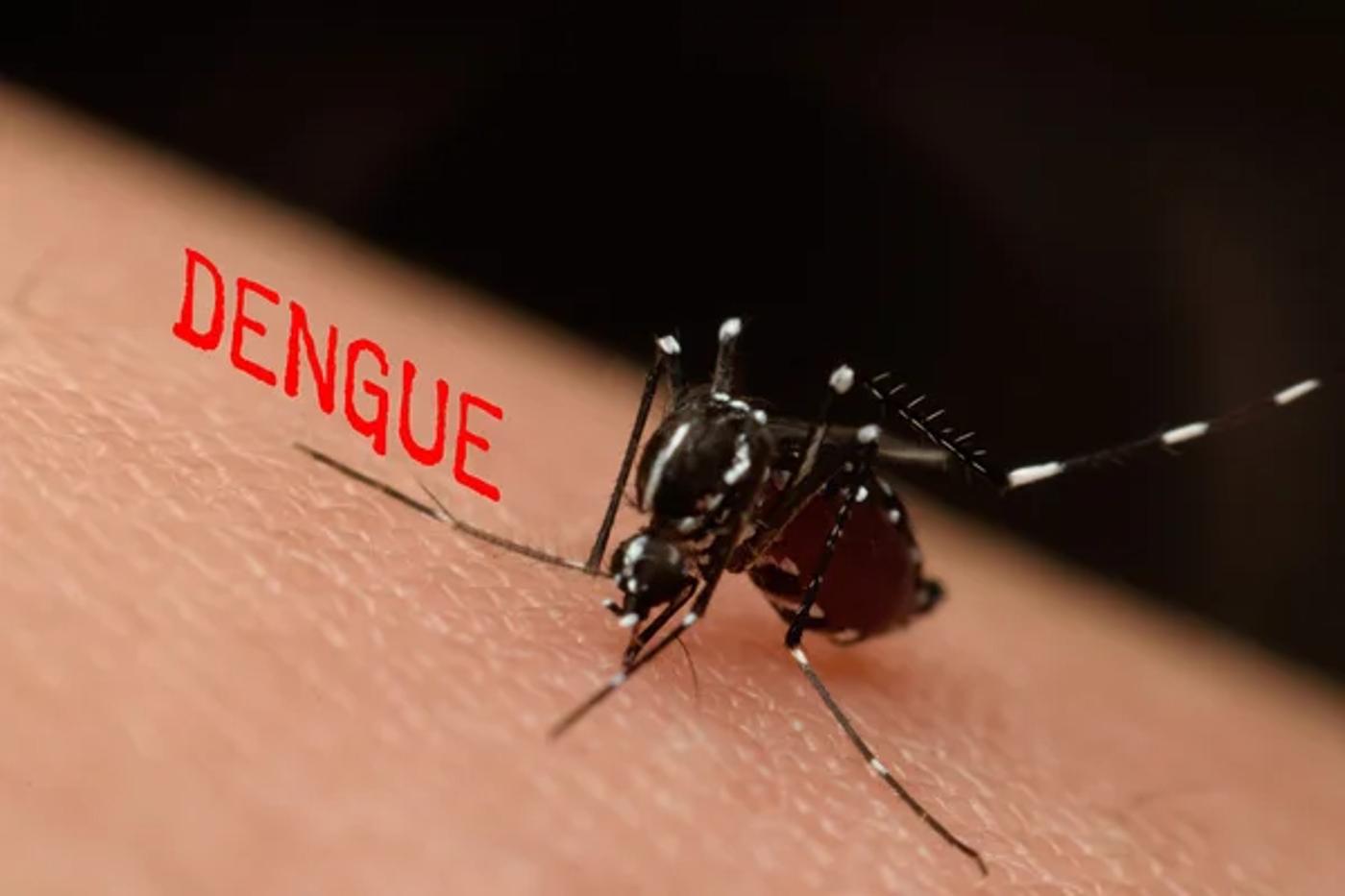
Since the first recorded case in a Chinese medical encyclopedia in 992 BCE, dengue fever has effected and even killed millions of people all around the world.
The viral infection is transmitted by mosquitoes, specifically the Aedes aegypti mosquito. However, while dengue fever has certainly been around for more than a millennia, experts say it’s spreading farther than ever before.
Record-Breaking Dengue Outbreaks in the Americas

The World Health Organization (WHO) reported that between 100 million and 400 million people were infected in 2023 and around 4.6 million of those patients resided in either North or South America.
But the Centers for Disease Control and Prevention (CDC) reports that the number of people with dengue in 2024 has already far surpassed last year’s total. In fact, from January 1 to June 24, 2024, some 9.7 million cases of dengue were reported in the Americas.
Why Are Dengue Cases Increasing?
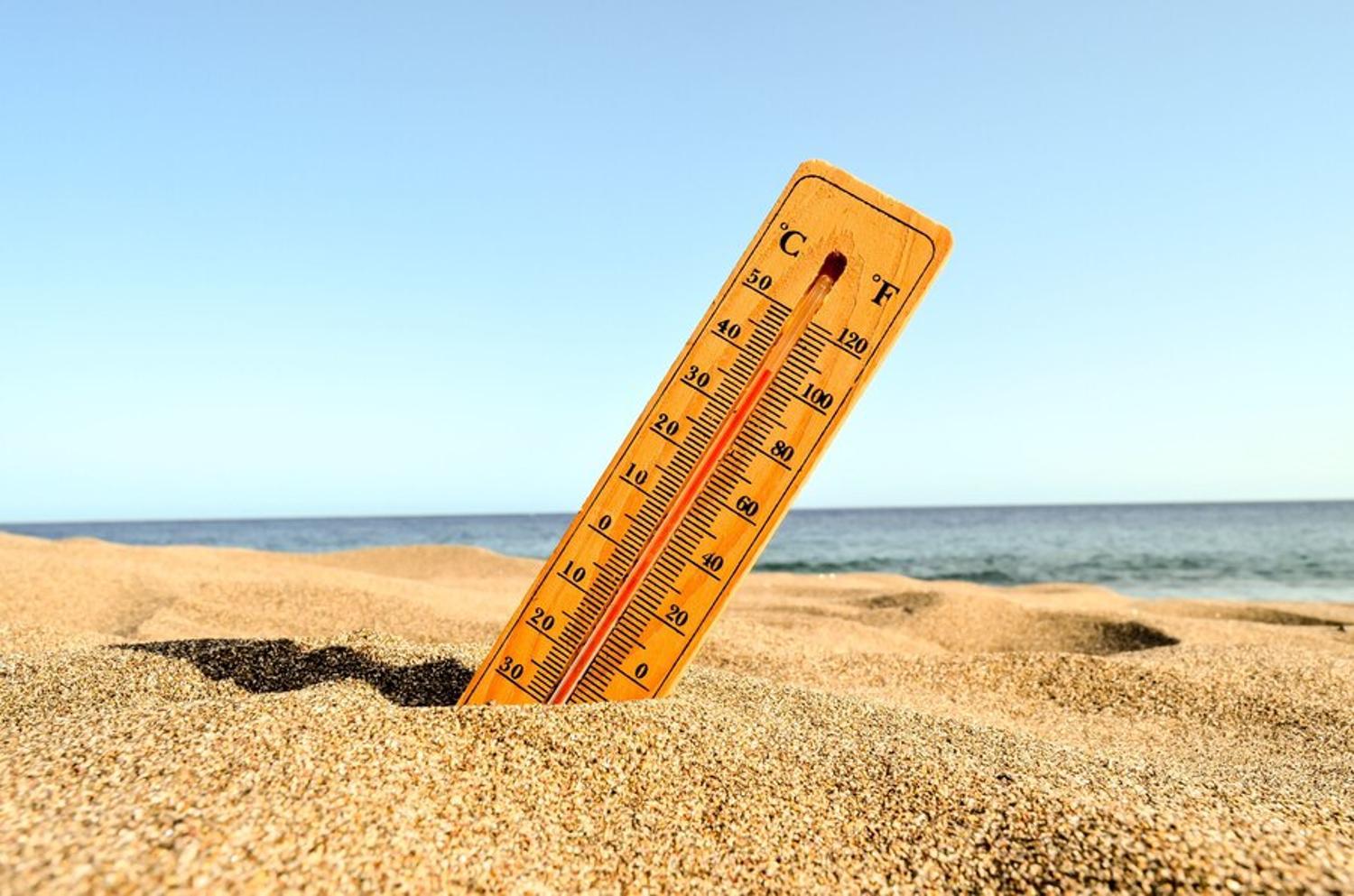
Scientists believe there is one simple answer as to why the number of dengue fever cases has increased by more than 100% in just one year: climate change.
The rising global temperatures have enabled Aedes aegypti mosquitoes which carry dengue to thrive in every possible way, which is dramatically expanding both the land coverage of the vicious mosquitos and the number of people infected.
Mosquitos Increase Reproduction in Warm Weather
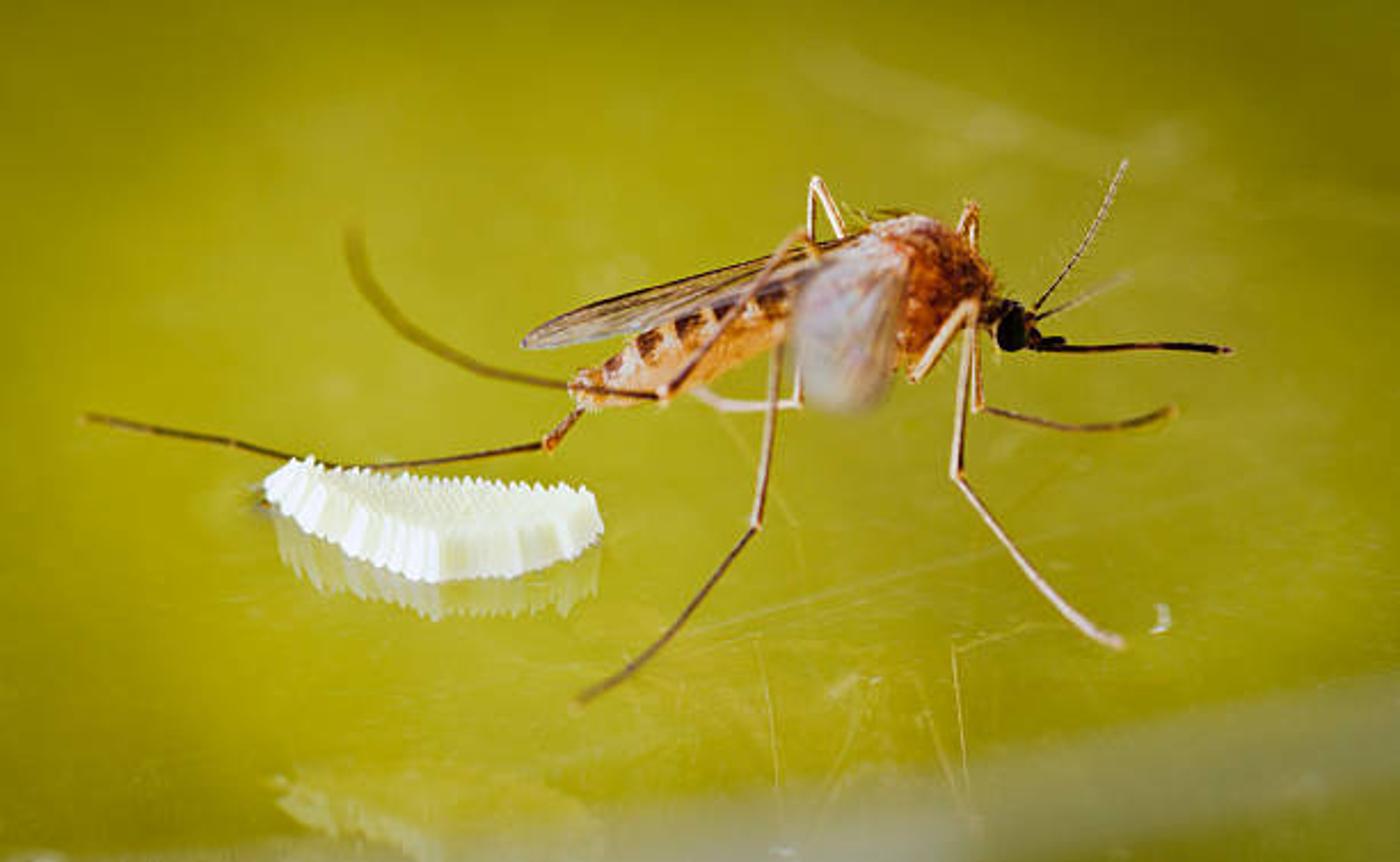
One way in which climate change is increasing dengue cases around the world is that it allows mosquitos more time and opportunity to reproduce. As a study from Ecology Letters explained, “grow faster, bite more people, and lay more eggs.”
Therefore, as the planet continues to warm, the number of mosquitos will continue to increase in every country on Earth.
Warm Temperatures Mean Mosquitos Stay Active Longer
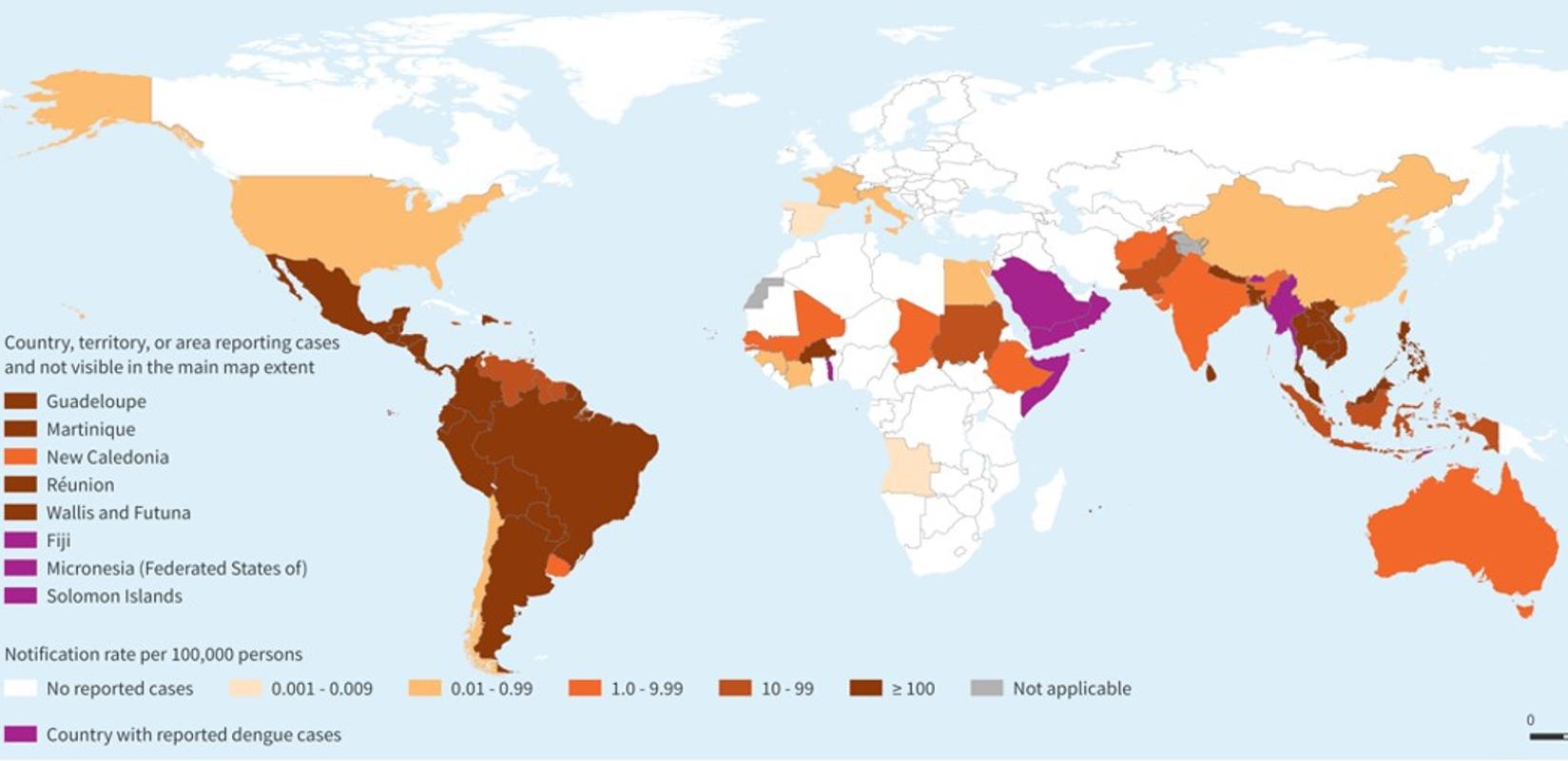
As well as providing the ideal climate for reproduction, the Earth’s warming temperatures also enable mosquitos to live longer and expand their range, consequently, biting more people.
Previously, the Aedes aegypti mosquitoes were only found in tropical or subtropical climates, but now, they have been sited all over the world, including nations in Europe and even in the northernmost state of Alaska.
Dengue Mosquitoes Can Live Anywhere
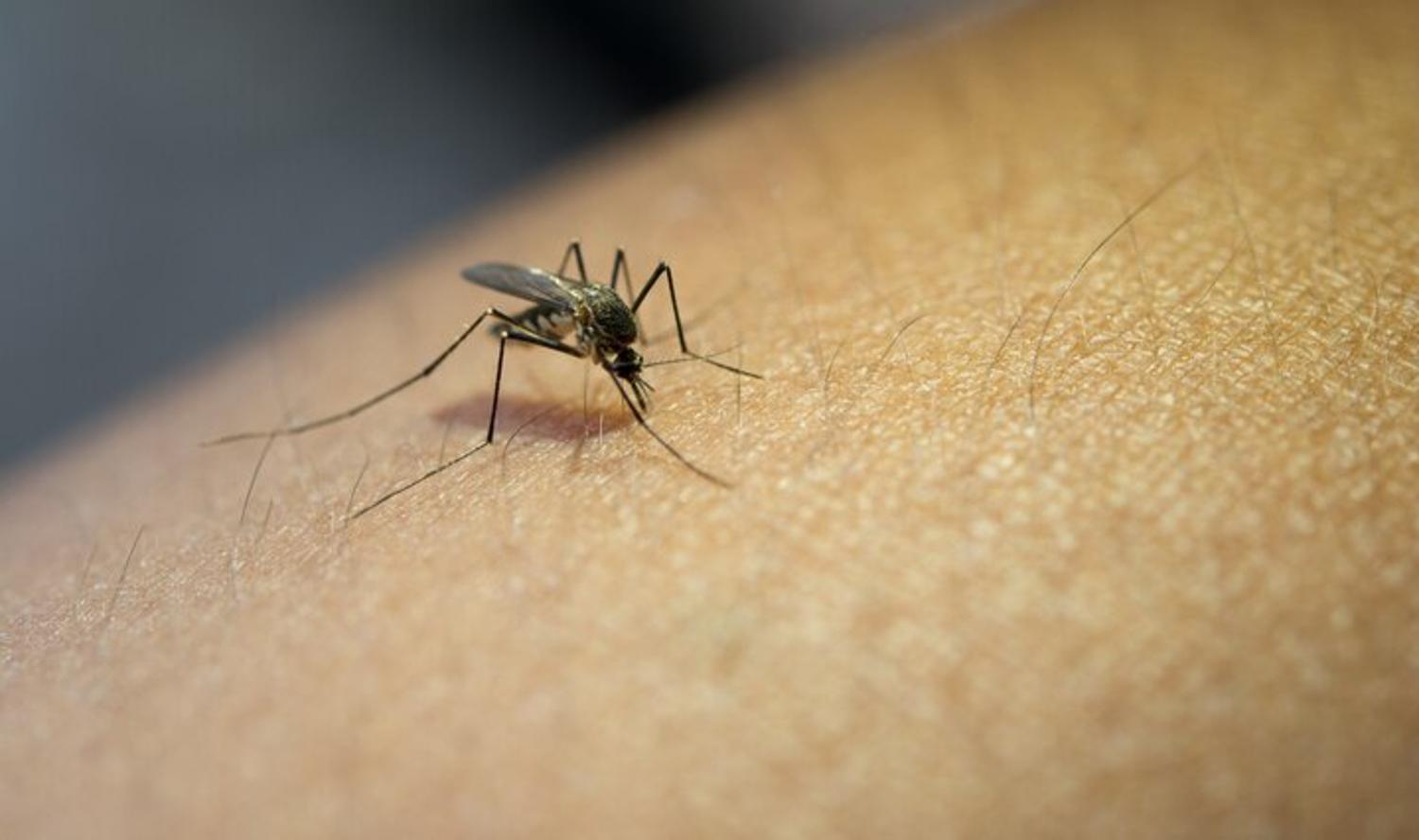
Additionally, the specific kind of mosquitos that carry dengue can live anywhere with warm temperatures and even the smallest body of water.
As the study explained, “[the mosquito] lays its eggs wherever there is standing water: in vent pipes of septic tanks, water meters, discarded tires, and broken flower pots.” So now that these mosquitos can and are moving further north, truly nowhere is safe.
Looking for an Answer to the Dengue Problem

As nearly 10 million people in the Americas alone have been diagnosed with dengue in the first half of 2024, scientists and public health experts are desperately trying to find an answer to this deadly problem.
While they have discovered a few useful tactics, realistically each option is a multi-pronged approach that will require the cooperation of governments, NGOs, and local authorities in almost every country.
Finding and Destroying Mosquito Nesting Sites Will Help

One solution that scientists believe will help curb the number of dengue virus cases is the use of drones and other high-tech satellites.
With this technology, researchers could target mosquito breeding sites and destroy them, as well as use artificial intelligence to predict and prevent future outbreaks.
Infecting Mosquitoes With Dengue-Fighting Bacteria Could Be the Answer

Though drones and satellites would be helpful, most experts agree that the most practical solution to the dengue problem is actually more mosquitos.
An organization called the World Mosquito Program has started releasing Wolbachia-infected mosquitoes all around the world, in the hopes of replacing their dengue-carrying counterparts. Trials have shown that this tactic decreases dengue cases by up to 77%, making it the most effective option available today.
Protect Yourself From Dengue Fever
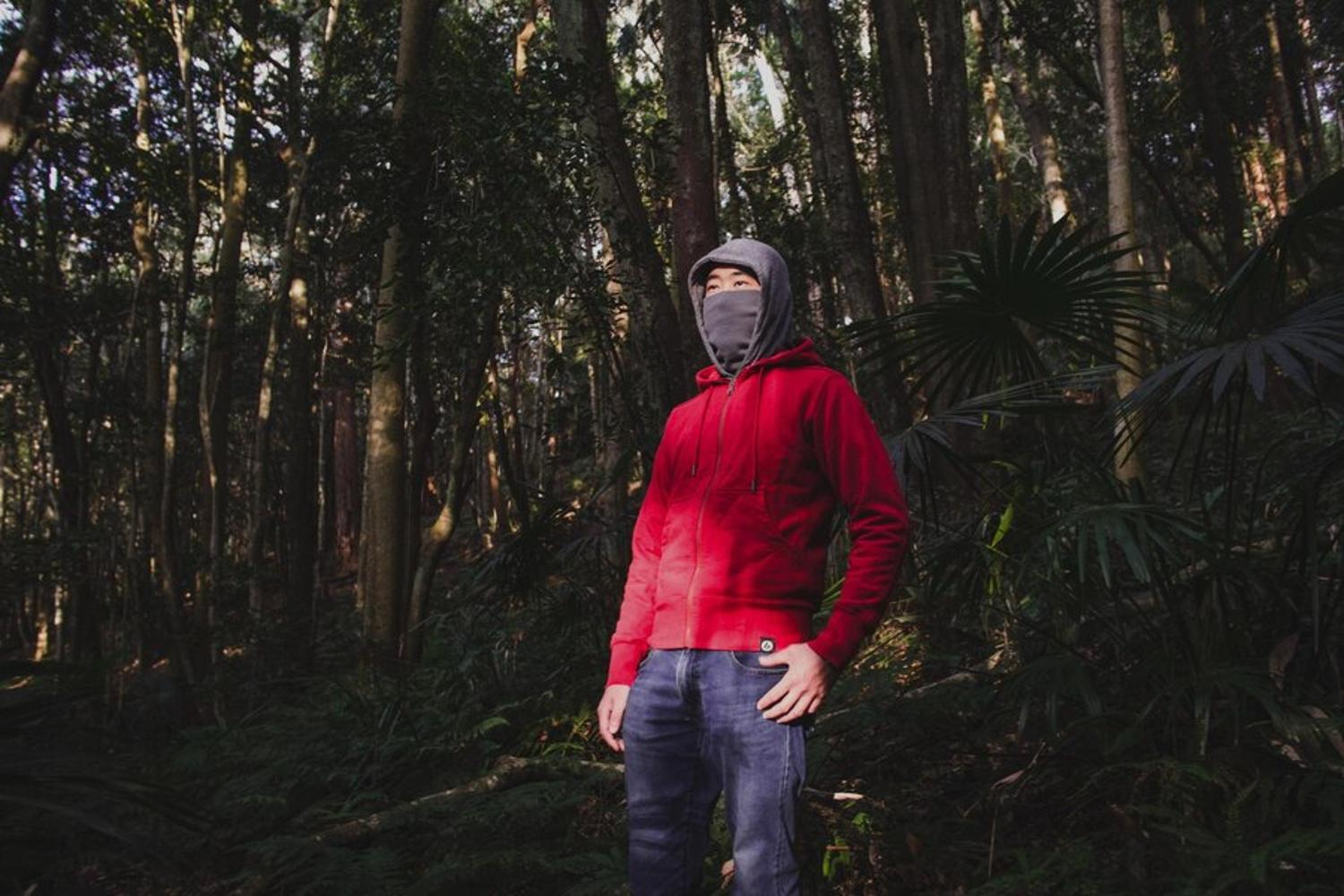
Although various scientists and NGOs are doing their part to fight the ongoing dengue outbreak, it’s still absolutely crucial that people do what they can to protect themselves from the vicious virus.
That means wearing long sleeves and long pants when outside in nature, as well as using insect repellent whenever outdoors. It’s also important that those living in dengue-endemic areas stay inside whenever possible, and that travelers stay away from those regions as much as possible.
Nowhere, Including the US, Is Safe From Dengue Fever
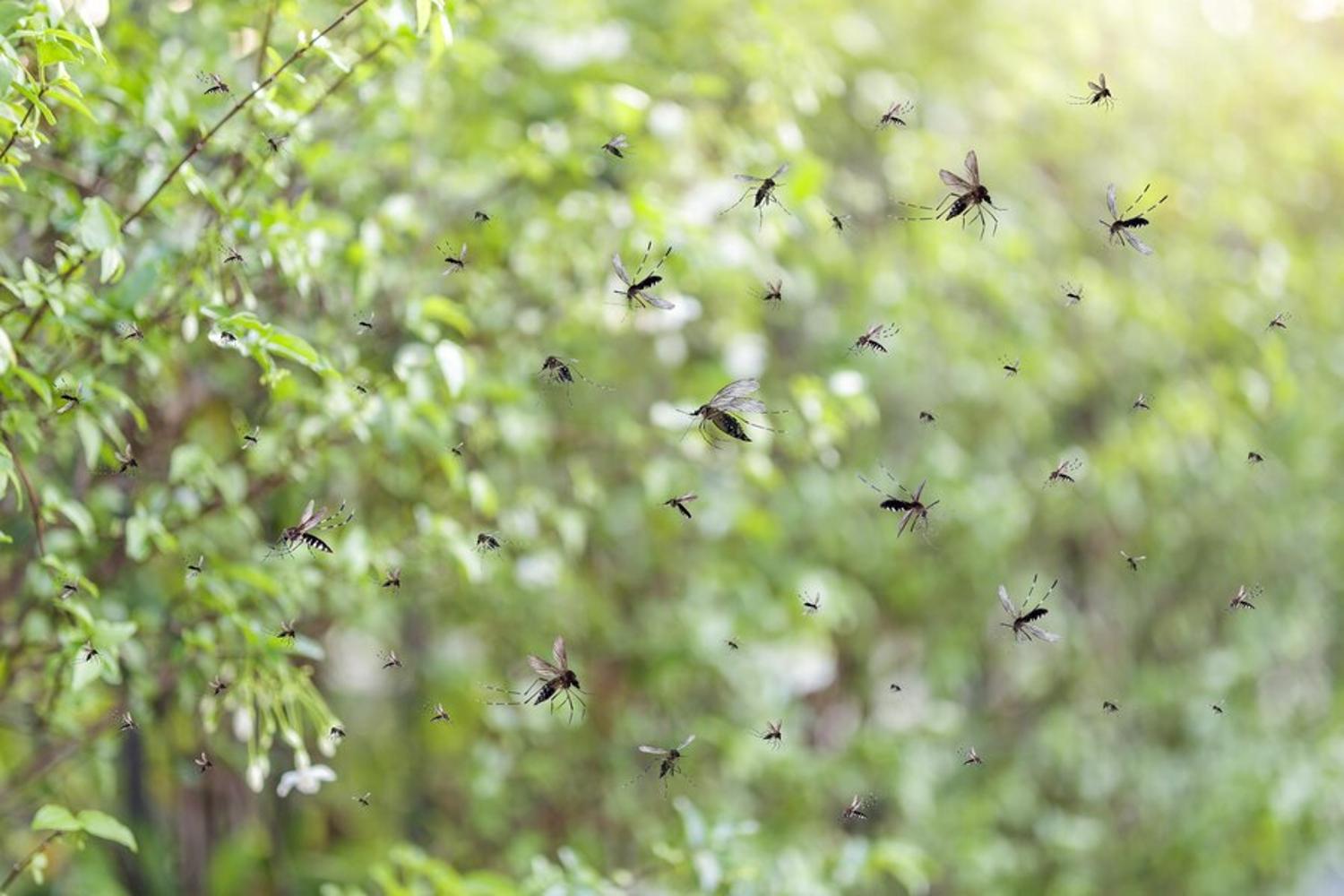
While certain areas, like the Caribbean, Central America, South America, and Southeast Asia are considered dengue-endemic regions, the truth is that now, nowhere is safe from the dengue virus.
There have been several reported cases in the United States, as well as many northern countries. So at this point in time, everyone on Earth should be on the lookout for dengue symptoms and contact their doctor immediately if these symptoms present after getting bit by a mosquito.








































